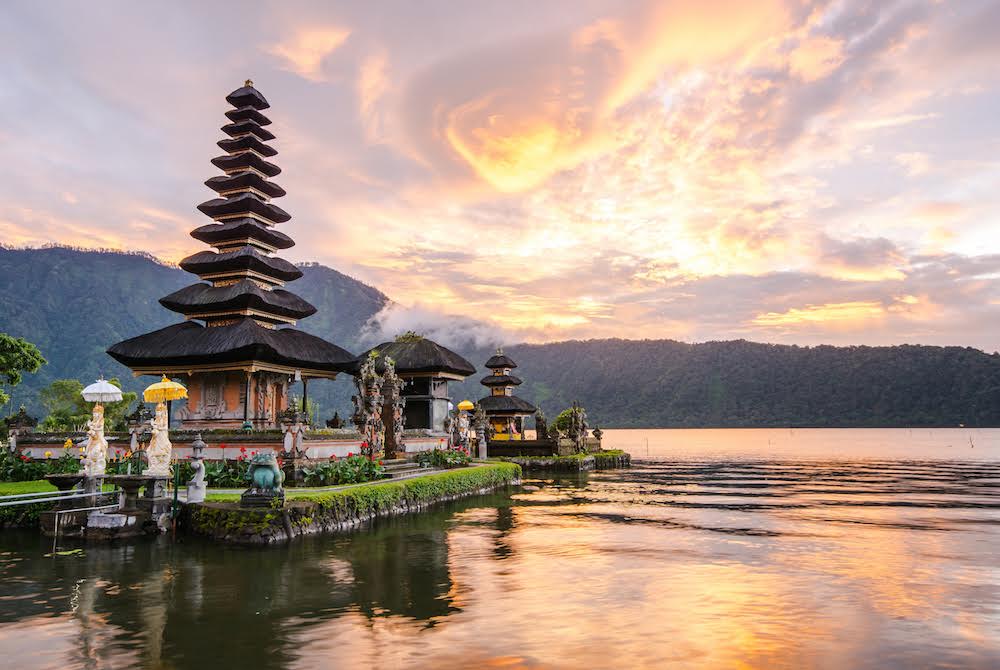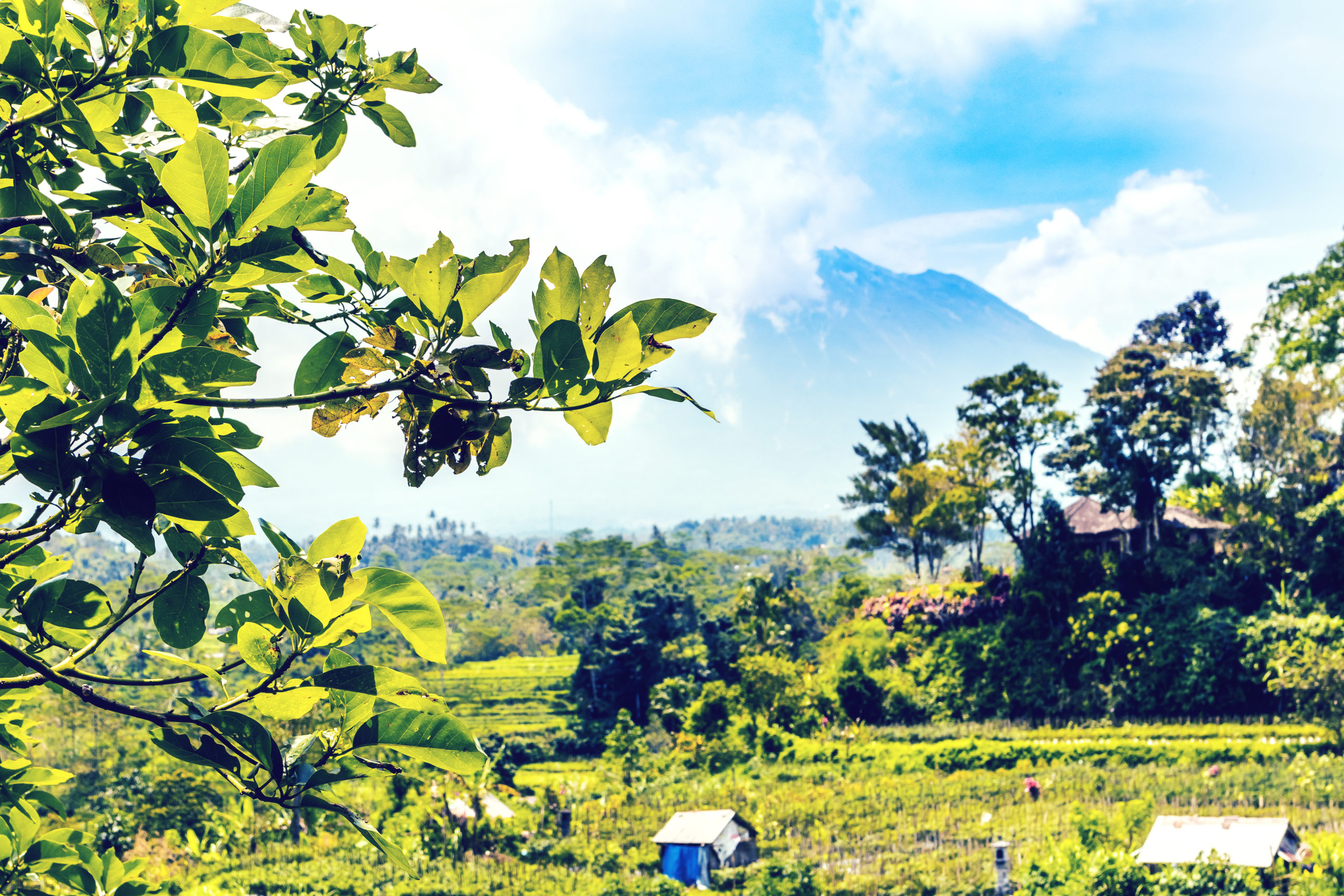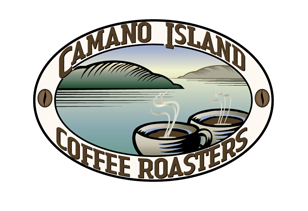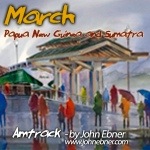
Indonesian Coffee: Escape to a Different World of Flavor
The many microclimates and different elevations in Indonesia produce coffee that is highly renowned. With a production level of 540,000 metric tons in 2014, according to the International Coffee Association, Indonesia is the 4th largest producer of coffee in the world. The coffee industry in Indonesia is largely comprised of smaller operations resulting in more than 2 million growers.
History of Coffee in Indonesia
Coffee was introduced to Indonesia by Dutch traders in Batavia. When it became obvious that coffee thrived in the climate and soil of Batavia, they expanded plantings to other areas such as West Java before continuing with plantings in Sumatra and Sulawesi. With over 1.3 million hectares in production, many people around the world pour a delicious cup of Indonesian coffee every morning.
Sumatra
Out of all the Indonesian islands, Sumatra is the top producer of Coffea robusta coffee beans. Sumatra grows half of all the coffee in Indonesia and ¾ of the entire production of Coffea robusta. The coffee farms of Sumatra are very small. The average holding is about a hectare, so there are many private individuals involved in the production of coffee in the region. Sumatra is also known for its unique method of processing raw coffee beans known as wet hulling. Beans are hulled, but the pulp surrounding the bean is left on for about a day. The beans are then washed and allowed to dry, but only until they reach 30% moisture. This process is completed entirely on the farm.
Camano Island Coffee Roasters offers both a medium and dark roast from Sumatra.
Flores Island
Flores Island has some very rugged terrain characterized by volcanic activity. The farms are located on the hillsides and plateaus. This area is known for being fantastic for organic coffee production due to the volcanic soils. High altitudes of up to 1,800 meters produce coffee that is known for having a unique chocolate, yet floral flavor.
Kopi Luwak
One of the rarest coffees in the world is produced in Indonesia by a very unusual method. The Asian Palm Civet eats the ripe berries that contain coffee beans. When the beans pass through the digestive track of the Civet, the outer layers of the beans are no longer there. After being washed and dried, this rare coffee sells for astronomical prices due to its unique flavor. The theory is that passing through the digestive tract removes potassium salts that affect the flavor.

Supporting Small Farmers
The coffee industry is extremely important to the people of Indonesia. Coffee is grown in remote areas and provides a way for small farmers to make a good living for their families. Organically produced and fair trade coffee production ensures that farmers get paid a fair price for their labor and product. Choosing organic means you are helping promote the rights of indigenous farmers throughout Indonesia.
Unethical Coffee Hurts the Environment
Unfortunately, not all coffee is produced in a sustainable manner. Destruction of rainforest and slash and burn agricultural techniques results in habitat depletion, extinct species, and poor quality coffee. Coffee that is grown under these conditions is usually only sold as bulk coffee that shows up in cheaper blends or instant coffee. Farmers that fall victim to these systems get low prices for their coffee and deplete their land.
Initiatives
A lot of research has been done to improve the production of coffee in Indonesia. Since the plantations are small it can be a challenge to reach out to small farmers. The Indonesian Coffee and Cocoa Research Institute is dedicated to helping farmers learn how to make the most of their land and improve fields. Their work also includes developing more disease-resistant varieties and techniques for reducing disease.
Camano Island Indonesian Blend
At Camano Island Coffee, we take the finest beans from Sumatra and Papua New Guinea and roast them to perfection to create our signature Indonesian Blend. With a taste of toasted nuts and malt, we are sure you will love this coffee and hope you will share it with your friends and family. Join our Coffee Club for the best deals on organic coffee online. All first time members qualify for a free pound of our organically produced and fairly traded coffee. Try us today and taste the difference quality practices and pride can make in your daily cup.


